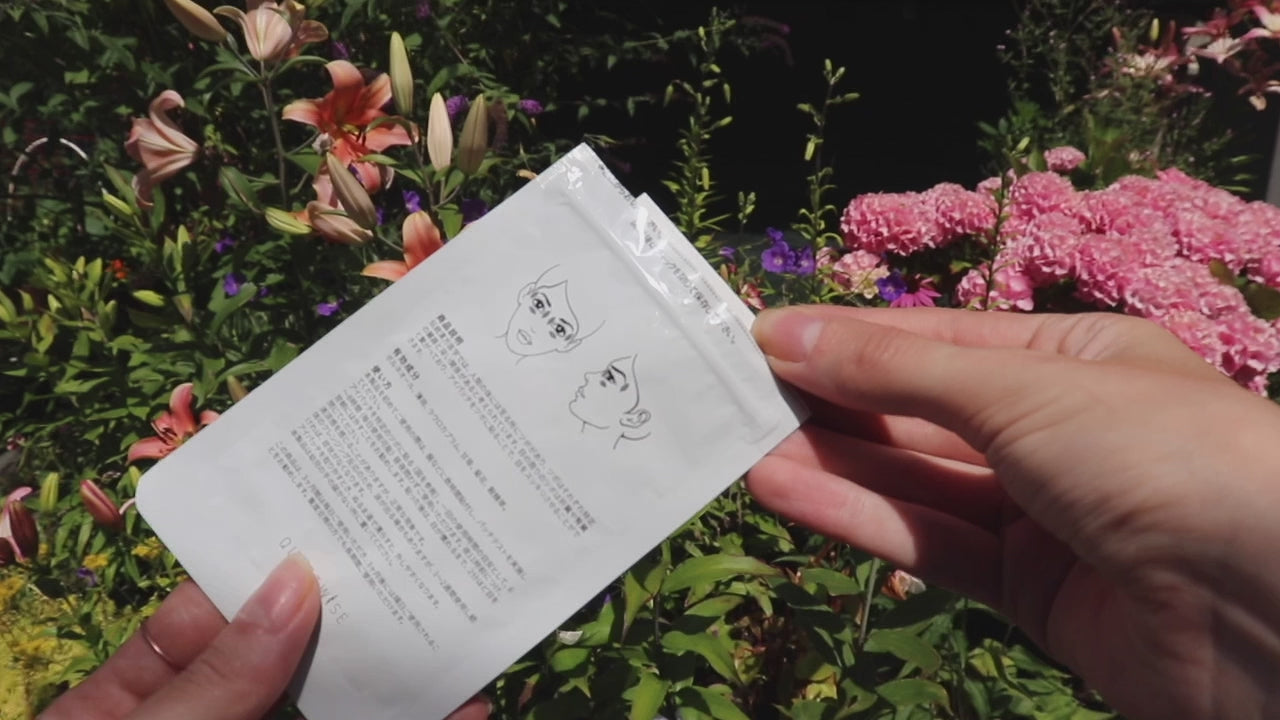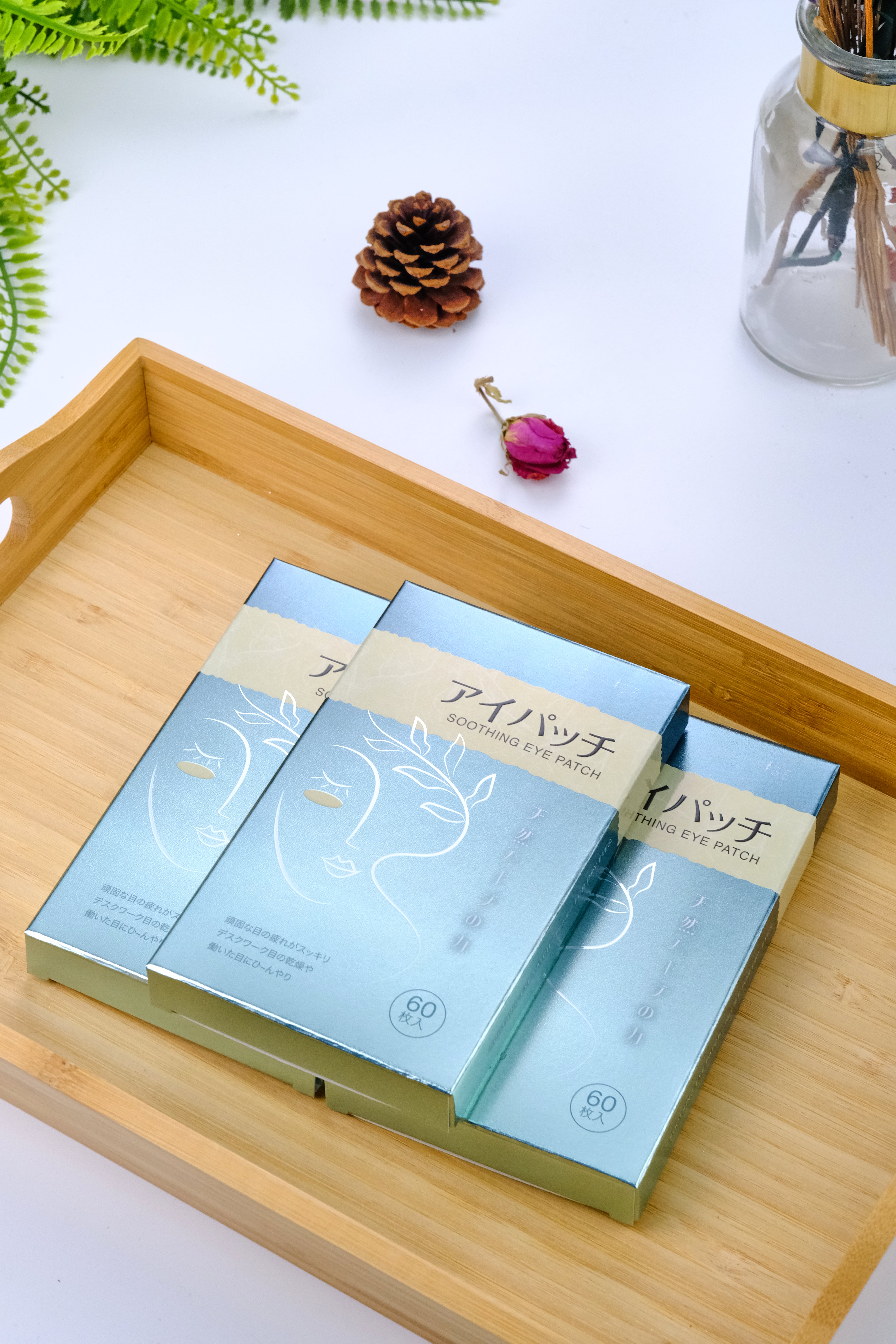Can Contact Lenses Worsen Seasonal Allergies Eyes?
Seasonal allergies, that dreaded time of year marked by itchy, watery, and red eyes, affect millions. For contact lens wearers, the question often arises: do contacts exacerbate these symptoms? The unfortunate answer is a resounding yes. Contact lenses act as a barrier, trapping allergens like pollen directly against the eye's surface. This close contact increases irritation and inflammation significantly more than with glasses.
Understanding the Complex Relationship Between Contact Lenses and Seasonal Allergies Eyes
Our eyes are remarkably sensitive organs. During allergy season, this sensitivity intensifies. Pollen, pet dander, mold spores, and other airborne allergens easily become trapped beneath contact lenses, creating a constant irritant. This close proximity leads to a cascade of uncomfortable symptoms:
- Intense itching, often described as an unbearable urge to rub your eyes
- Significant redness, making your eyes appear bloodshot and inflamed
- Excessive tearing, which can blur your vision and cause discomfort
- Burning and stinging sensations, creating a constant irritating feeling
- Significant discomfort making contact lens wear nearly impossible
- Increased risk of eye infections due to the trapped irritants and rubbing
It's crucial to understand that contact lenses don't directly *cause* allergies. Instead, they act as a catalyst, intensifying the existing allergic reaction by prolonging contact with allergens. Imagine the effect of constantly rubbing an already irritated wound; this is similar to how allergens trapped under contact lenses exacerbate symptoms.
Strategies for Managing Seasonal Allergies While Wearing Contact Lenses
The good news is that managing seasonal allergies while still enjoying the convenience of contact lenses is entirely possible with the right strategies. Here’s a breakdown of effective approaches:
- Embrace Daily Disposable Lenses: Daily disposables offer a fresh lens each day, minimizing allergen buildup. This simple change drastically reduces irritation.
- Meticulous Lens Cleaning and Disinfection: Follow your lens solution's instructions precisely. Thorough cleaning removes as many allergens as possible, reducing the intensity of the reaction.
- Strategic Use of Allergy Eye Drops: Consult your ophthalmologist about appropriate over-the-counter or prescription allergy eye drops. These can provide significant relief from itching, redness, and inflammation.
- Consider Artificial Tears: Lubricating eye drops can alleviate dryness often associated with allergy symptoms and contact lens wear.
- Protective Eyewear Outdoors: Wear sunglasses or protective eyewear when spending time outdoors, especially during peak pollen hours. This creates a physical barrier against airborne allergens.
- Glasses as a Backup: Keep a pair of glasses handy for days when your allergy symptoms are particularly severe. Switching to glasses provides immediate relief from the contact lens irritation.
-
Soothe and Relieve with Eye Patches: For added comfort and relief from allergy-induced eye irritation, consider Wise Quest Soothing Eye Patches - 3-Month Wellness Pack. These patches, infused with traditional Chinese herbal medicine, offer soothing relief from eye fatigue, dryness, astringency, redness, and swelling. They're a fantastic way to combat the discomfort of seasonal allergies and promote healthy blood circulation around the eyes.

When Professional Help Is Essential
While these strategies can significantly improve comfort, certain situations necessitate a visit to your ophthalmologist or allergist:
- Persistent Vision Problems: If your allergy symptoms affect your vision clarity, seek immediate professional attention.
- Severe or Uncontrollable Symptoms: Intense itching, redness, or swelling that doesn't respond to home remedies warrants a doctor's visit.
- Suspected Infection: Any signs of infection, such as increased discharge, pain, or sensitivity to light, require immediate medical evaluation.
- New or Worsening Symptoms: If you experience any new or significantly worsening allergy symptoms, consult your doctor.
Long-Term Strategies for Allergy Management
Beyond immediate symptom relief, consider these long-term strategies to reduce allergy impact throughout the year:
- Allergy Testing: Identify your specific allergens to develop a targeted treatment plan.
- Immunotherapy: Discuss allergy shots or sublingual immunotherapy with your allergist for long-term relief.
- Lifestyle Changes: Minimize exposure to known allergens through home improvements, such as HEPA filters and regular cleaning.
In Conclusion: Navigating Seasonal Allergies with Contact Lenses
While contact lenses can worsen seasonal allergy symptoms, effective management is achievable. By following these tips and incorporating strategies to minimize allergen exposure and soothe irritated eyes, you can enjoy clear vision and comfortable contact lens wear even during peak allergy season. Remember, the Wise Quest Soothing Eye Patches - 3-Month Wellness Pack offers an extra layer of soothing relief to help you navigate those challenging allergy days. Don't hesitate to seek professional help if needed – your eye health is paramount.











